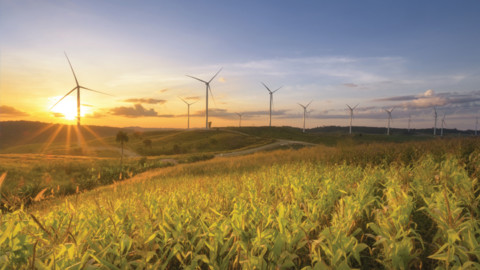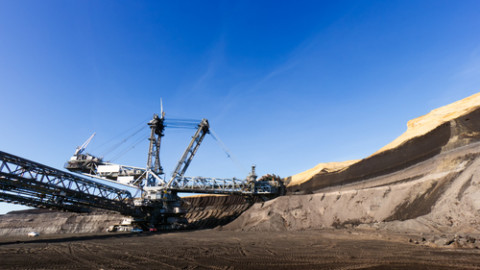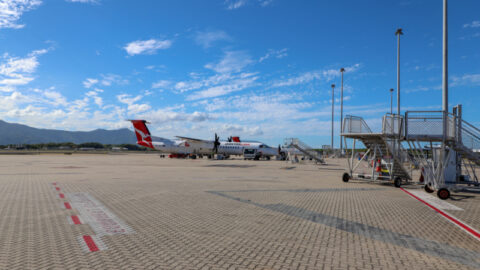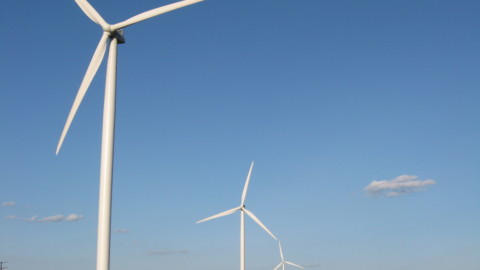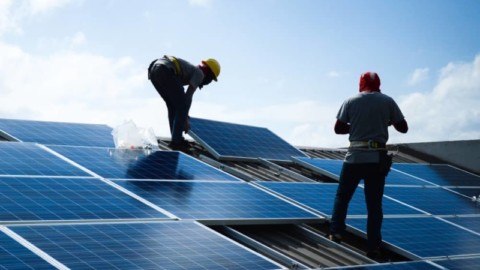The Federal Government has released the Gas Code, establishing a price anchor for gas at $12/GJ for Australian consumers, and is now awaiting technical feedback from stakeholders.
Following significant consultation with gas producers and users since the beginning of 2023, the Gas Code improves upon the approach to implementing reasonable pricing outlined in the December 2022 consultation paper.
The Gas Code will ensure sufficient supply of Australian gas for Australian users at reasonable prices, give producers the certainty they need to invest in supply, and ensure Australia remains a reliable trading partner by allowing liquefied natural gas (LNG) producers to meet export commitments.
The release of the Gas Code consultation gives stakeholders an opportunity to provide technical feedback on the draft regulations before the Code is finalised ahead of the new financial year.
It will ensure domestic prices are reasonable by establishing a price anchor, or mechanism to drag prices down, through the combination of:
- A price cap, which is to be set at $12/GJ and subject to a review commencing by 1 July 2025
- A process for qualifying for exemptions from the price cap on the basis of making satisfactory Australian Competition and Consumer Commission (ACCC) and court enforceable supply commitments
- Allowing small producers of gas to be exempt from the price cap if they supply only the domestic market
In addition, it will require all participants to abide by conduct provisions that will level the negotiating playing field between users and producers to deliver a better functioning gas market.
The Gas Code will be supported by a strong enforcement regime delivered by the ACCC, with a review to be undertaken no later than two years after coming into effect, to ensure the Gas Code remains effective and fit for purpose.
The Federal Government is seeking views from gas market participants on the Gas Code, including the merits of the approach to reasonable pricing relative to the original framework proposed in December 2022, as well as submissions from large gas providers on the supply and price commitments they would be prepared to make in the context of the proposed exemption framework.
In response to unprecedented power price rises as a result of Russia’s illegal invasion of Ukraine, the Federal Government took immediate action to shield Australian gas users by temporarily capping the price of gas in December 2022.
Coupled with action to cap coal costs for power generators, gas price caps under the Government’s Energy Price Relief Plan nearly halved wholesale energy prices.
The Gas Code will minimise the risk of supply shortfalls, deliver Australian gas at reasonable prices for Australian families and industry, and provide certainty for our valued trading partners.
Industry response
Australian Petroleum Production and Exploration Association (APPEA) Chief Executive, Samantha McCulloch, said supply shortfalls will only drive up energy prices for all Australians.
“While automatic exemptions from price controls are proposed for small domestic-only producers, in most cases meaningful supply investments will require further conditional exemptions. This will be at the joint discretion of the Climate Change and Energy Minister and Resources Minister and will need to be approved by five separate government departments and agencies,” Ms McCulloch said.
“Exemptions will start at 12 months in length, meaning projects may need to reapply many times over the course of project operations, with no guarantee that the basis for an exemption today will be sufficient for an exemption in the future.
“Conditional exemptions may also be varied or revoked at any time. Long-term capital investments for new gas supply cannot be made on the basis of one year of certainty.”
Ms McCulloch said the draft moves away from a ‘cost plus’ model and binding arbitration, but the revised approach still adds significant complexity and Ministerial discretion to the operation of the gas market and is unlikely to address the concerns from investors.
“The extension of the 12-month temporary price cap for at least another two years is at odds with the recommendations from the International Energy Agency, which only days ago made clear that the temporary price cap should not become permanent because investment may be put at risk,” Ms McCulloch said.
“The test for the Code will ultimately be whether it can support investment in critically-needed new gas supply. Our members will be seeking urgent clarity on the implications for their proposed supply investments during the course of the consultation period.”
Ms McCulloch said the sector understood the challenges faced by businesses and consumers due to global energy system pressures and was committed to delivering competitively-priced gas.
“While we are still working through the full implications of this latest intervention, initial reviews suggest further clarity and refinement will be needed across a number of areas to ensure the domestic gas market is able to function effectively,” Ms McCulloch said.
The code will address the skyrocketing domestic gas prices, with average gas prices increasing by 250 per cent between 2019 and 2022.
The consultation on the draft Gas Code is open and will close for submissions on May 12.
For more information, visit the consultation hub.



